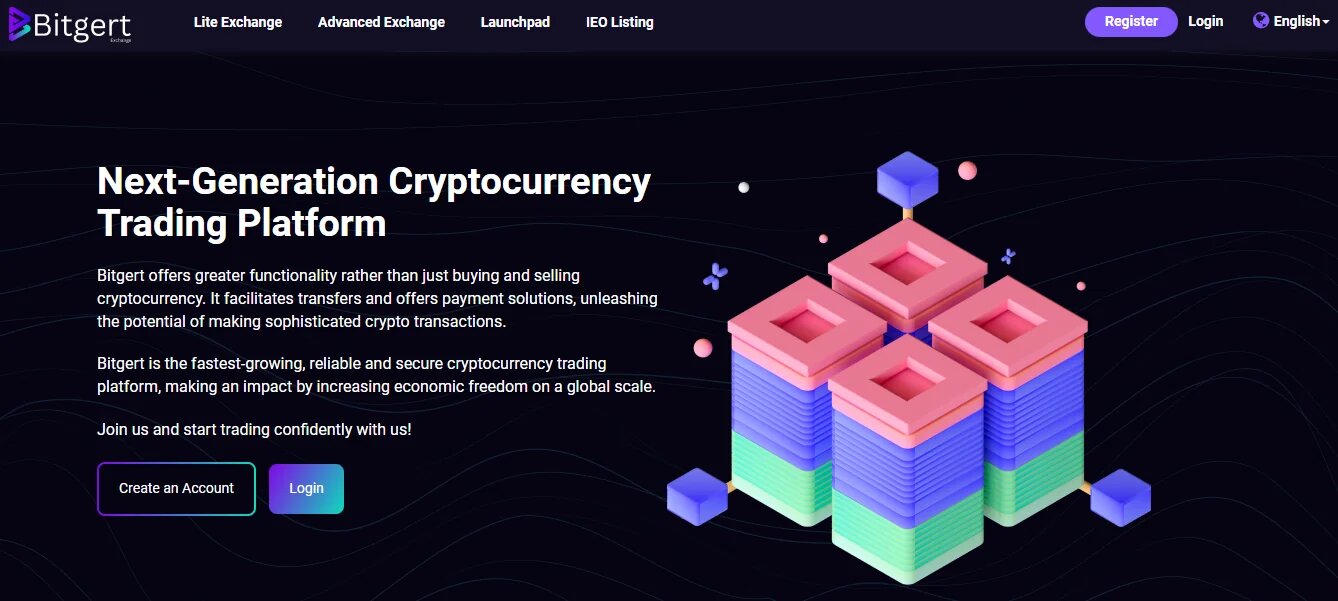Google has taken a significant step by removing several cryptocurrency exchanges, including Binance and Kraken, from its Play Store in India. This move comes in the wake of the Indian government’s crackdown on crypto firms operating “illegally” in the country. The Financial Intelligence Unit (FIU) issued show cause notices to nine crypto companies, accusing them of non-compliance with India’s anti-money laundering rules. This action has caused a ripple effect, with Apple also pulling these apps, and ISPs in India blocking the URLs of these crypto exchange websites.
Key Takeaway
Google’s removal of several global crypto apps from its Play Store in India reflects the ongoing regulatory challenges faced by cryptocurrency exchanges in the country. The crackdown on non-compliant crypto firms and the taxation policy have significantly impacted the crypto trading landscape, prompting both global and Indian exchanges to navigate stringent regulatory requirements and consumer protection measures.
Global Crypto Exchanges Affected
The ban imposed by Google has impacted several global crypto exchanges, with Binance, Huobi, Gate.io, Bittrex, and Bitfinex being among those affected. Binance has clarified that the IP block only affects users attempting to access the Indian iOS app store or the Binance website from India. However, existing users with the Binance app are not affected. The company has reaffirmed its commitment to adhering to local regulations and laws, emphasizing the importance of maintaining active communication with regulators to ensure user protection and the development of a healthy Web3 industry.
Impact on Indian Traders
Many Indian traders had turned to global cryptocurrency platforms in an attempt to evade taxes, especially after India began imposing taxes on virtual currencies. The taxation policy includes a 30% tax on gains and a 1% deduction on each crypto transaction. This move has led to a substantial drop in trading volume on India-based crypto exchanges, such as WazirX, which experienced a staggering 97% decrease in trading volume over two years as traders shifted to global apps.
Challenges for Indian Cryptocurrency Exchanges
Indian cryptocurrency exchanges, including CoinSwitch Kuber, CoinDCX, and WazirX, have continued to enforce rigorous know-your-customer verifications for new users. However, they have expressed concerns about the potential shift of users to decentralized exchanges or noncompliant services due to the new taxation policy. These exchanges have urged offshore platforms to comply with India’s anti-money laundering and counter financing of terrorism measures to ensure greater regulatory oversight and consumer protection within the Indian ecosystem.
India’s Stance on Cryptocurrencies
India has historically maintained a stringent stance on cryptocurrencies, with the Reserve Bank of India implementing a ban on cryptocurrencies about five years ago. Although this ban was overturned by India’s Supreme Court, the central bank has persisted in advocating for outlawing crypto, likening virtual digital assets to a Ponzi scheme. This regulatory environment has also led global exchanges like Coinbase to halt onboarding new customers in India due to what its chief executive described as “informal pressure” from the central bank.

























